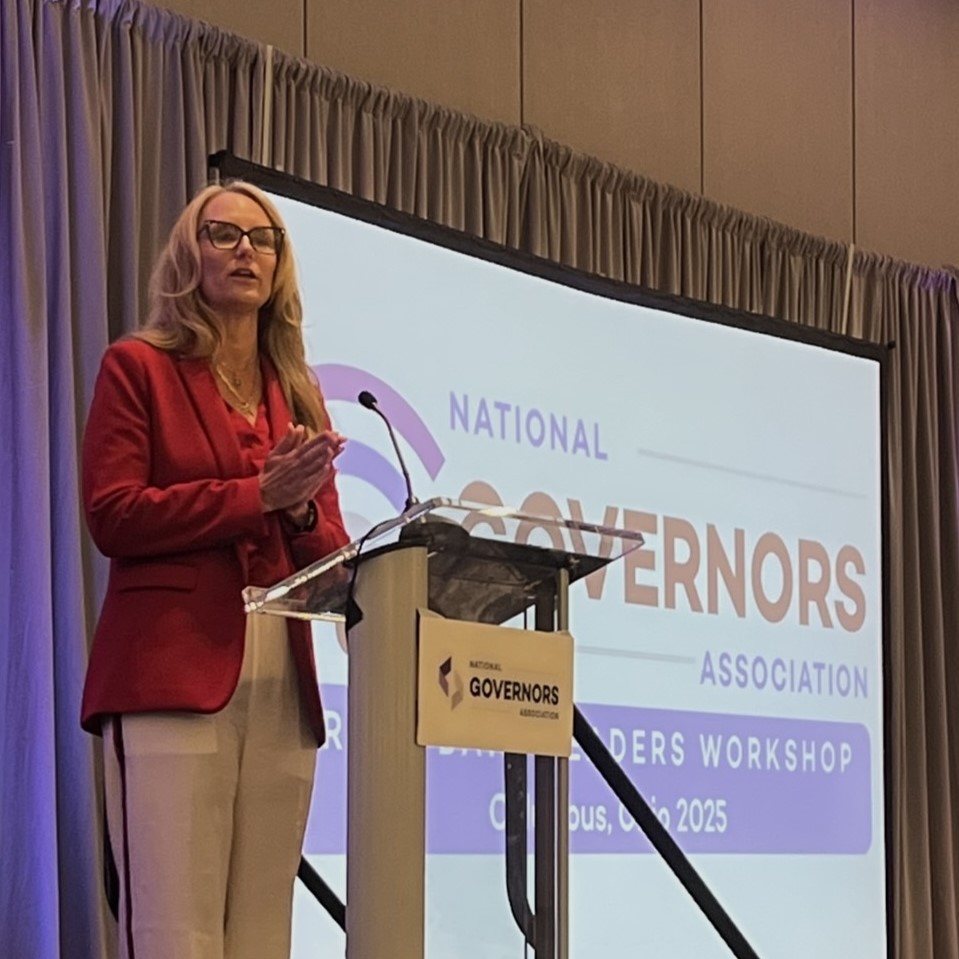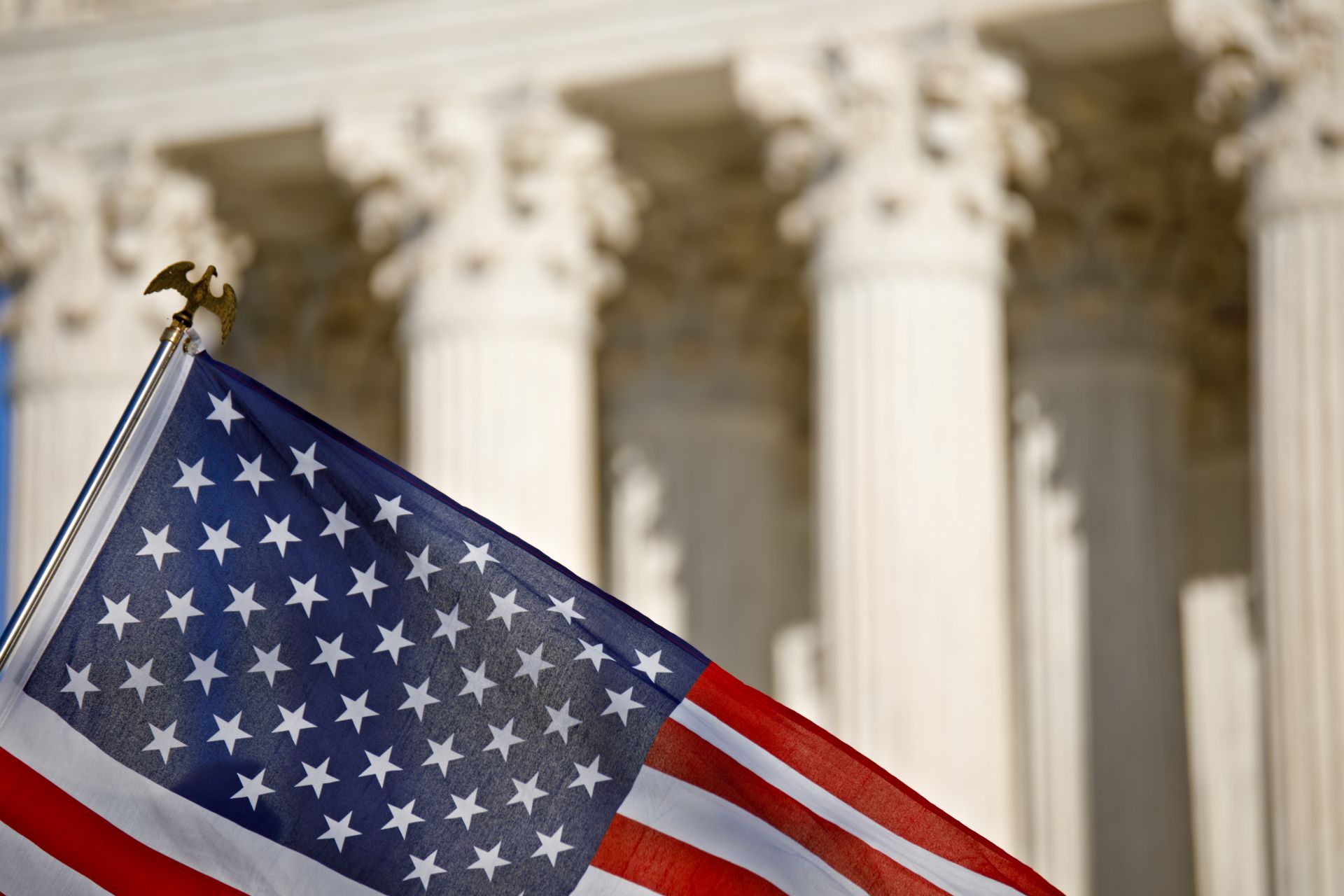
Governor Tina Kotek
OregonRegarding the use of cell phones in schools, the research is clear, and growing, as Phones in Focus has just released preliminary findings from a new national survey of more than 20,000 public school educators. Findings suggest that stricter, school-wide cell phone policies are linked to less in-class phone use and higher teacher satisfaction. In viewing the survey Governors had this to say:

Governor Sarah Huckabee Sanders
Arkansas
Governor Wes Moore
MarylandPhones in Focus is a 2025 national research initiative led by author Angela Duckworth to gather educators’ input on school cell phone policies, with a goal of developing evidence-based recommendations for policies that support academic learning, social well-being and student focus. Data collection will continue until the end of 2025 to create longitudinal evidence about which specific policies produce the best student outcomes.

Governor Kay Ivey
Alabama
Governor Kathy Hochul
New YorkGovernors across the United States have been implementing cell phone restriction policies in schools as a strategy to improve student achievement and well-being. New York has passed bell-to-bell smartphone restrictions for all K-12 schools; Alabama Governor Kay Ivey signed the FOCUS Act, prohibiting students’ use of smartphones and other wireless devices inside Alabama’s public schools; and Oklahoma Governor Kevin Stitt signed into law a yearlong ban on student cellphone use in all Oklahoma public schools. These are just a few examples; as of last month, at least 44 states saw new legislative or budgetary proposals to regulate cellphone use in schools in 2025, and at least 29 states have implemented regulations. This bipartisan movement reflects Governors’ concerns about declining student focus and anticipation that eliminating classroom distractions can potentially boost academic performance.

Governor Kevin Stitt
OklahomaGiven an uptick in bipartisan gubernatorial and state action in this area, Dr. Duckworth joined nearly 40 Governors’ education policy advisors from 26 states and territories to dig into school cellphone policies and their impact on student success at NGA’s annual Governors’ Education Policy Advisors Institute last month in Seattle, Washington. Dr. Duckworth began her fireside chat by introducing attendees to the Phones in Focus project, and sharing initial results. Findings suggest that where phones are stored during the school day may matter as much as when students are forbidden from using them, and in terms of teacher satisfaction: the stricter the policy, the better. Dr. Duckworth also offered insights into how this project overlaps with her previous work on developing grit and other life skills in young learners, noting that a student’s environment directly affects the development of such skills and is an equally important factor in their long-term success. The full video of Dr. Duckworth’s fireside chat at the Institute is available below. Visit this page for updates on the Phones In Focus project.












